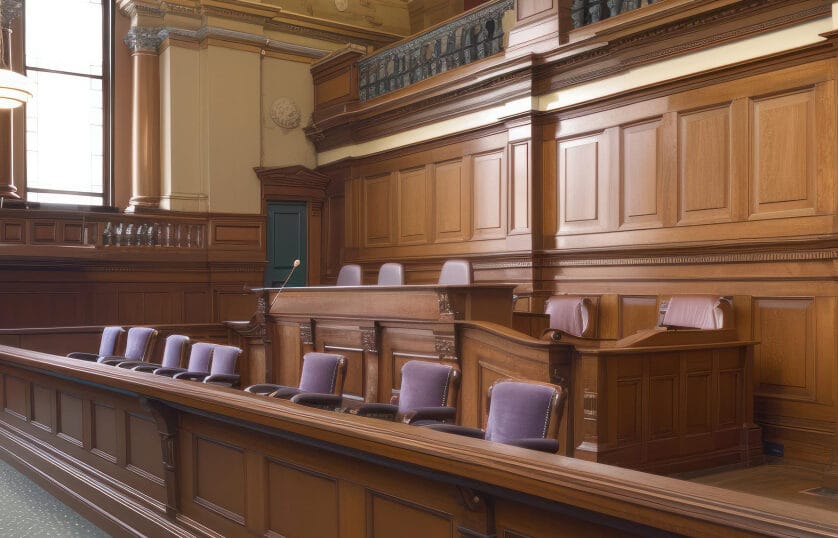High court says BHP can be held liable under Brazilian law for the Fundao Dam collapse
The High Court in London has ruled that BHP can be held liable for the 2015 collapse of the Fundao Dam in southeastern Brazil. The judgment represents a major development in one of the largest civil claims ever brought before the courts of England and Wales. The claim has previously been valued by the claimants legal team at up to thirty six billion pounds.
Hundreds of thousands of Brazilian individuals, dozens of municipal authorities and around two thousand businesses issued claims against BHP over the disaster. The Fundao Dam, located in Mariana in the state of Minas Gerais, was owned and operated by Samarco, a joint venture between BHP and Vale. Its collapse released a vast volume of mining waste, causing loss of life, widespread destruction and extensive environmental harm.
Nineteen people were killed when the dam gave way and the flow of tailings made thousands of residents homeless. Forests were inundated and the waste polluted the length of the River Doce. The sludge travelled hundreds of miles from the site of the collapse to the Atlantic coast.
In her judgment on Friday, Mrs Justice Finola OFarrell held that BHP is liable under Brazilian law. She found that the continued raising of the height of the dam when it was not safe to do so was the immediate cause of the collapse. Her ruling concluded that these actions constituted the direct cause of the disaster for the purposes of liability.
Embed from Getty Images
BHP has confirmed that it intends to appeal. The company said it continues to contest the claims brought in London. In a statement, Brandon Craig, BHPs President Minerals Americas, said that in the companys view the proceedings in England concern claimants who have already received compensation in Brazil. Craig stated that two hundred and forty thousand individuals involved in the UK litigation have been compensated in Brazil and said the company believes this will reduce both the size and the value of the claims brought in the group action.
The lawsuit has run in parallel with legal processes in Brazil and the work of the Renova Foundation, which was established to handle reparations. BHP has previously argued that the English litigation duplicates matters already addressed through those mechanisms.
The case was originally struck out at an earlier stage of proceedings. However, in 2022 the Court of Appeal held that the claim should continue. The appellate court found that the claimants had a realistic prospect of a trial delivering a legitimate advantage that outweighed the disadvantages in terms of cost and the wider impact on judicial resources.
The trial on liability took place in London beginning in October of last year. Closing submissions were completed in March. The judgment now determines the defendants responsibility for the collapse under the applicable law. A second phase of the proceedings, which would address the assessment of damages, is currently scheduled for October 2026 if it becomes necessary.
The Fundao Dam collapse is regarded as Brazils worst environmental disaster. The release of around forty five million cubic metres of mining waste devastated several communities and caused long term environmental damage across a wide geographical area. Its impact has continued to shape legal, regulatory and environmental debates in Brazil for nearly a decade.
Following todays ruling, the litigation will move into its appellate stage. The decision signals a significant moment for the very large number of claimants who have pursued their claims in London and for BHP, which continues to maintain its position in the litigation.
